10 Best Assassin’s Creed Games, Ranked
From Italy to the high seas to Egypt and back
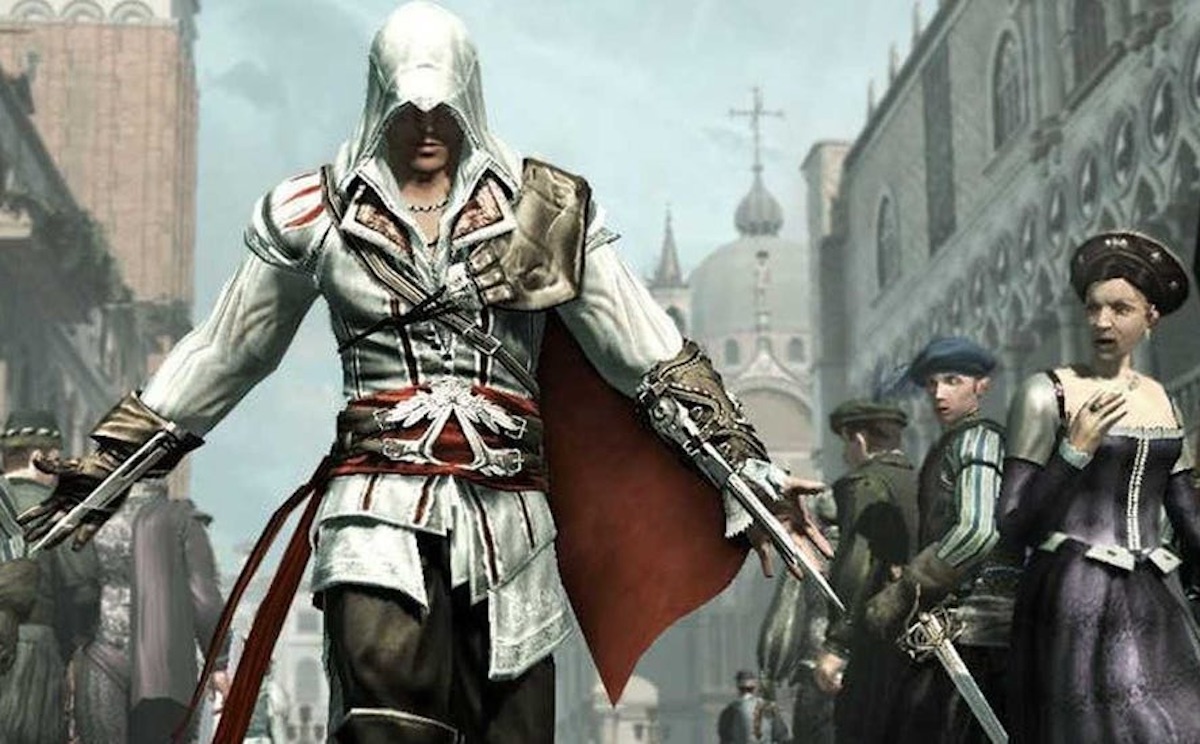
The Assassin’s Creed series has been around for 15 years. It’s a franchise that’s even fated for a live-action Netflix adaptation. Assassin’s Creed is a delight for history nerds who’ve always wanted to walk the streets in ancient Greece. Or for any gamer who enjoys its trademark gameplay combination of hack-and-slash combat and stealth.
There’s something iconic about this franchise. The storytelling entwines history and mythos, with the fun twist of genetic memory. Fortunately, with so many games, you can jump into Assassin’s Creed wherever you want. Allow me to assist you.
10. Assassin’s Creed IV: Black Flag
Okay, so I know this one is typically much higher on other people’s lists. I get it, I get it. But I did not fall in love with an assassin video game because I love being on the sea. I’m not a fan of nautical gameplay.
That being said, this game did change the franchise’s gameplay for the better. It does a great job expanding the Assassin’s Creed world by making the map bigger, since the sea is an active setting. The story is lighthearted and isn’t afraid to make fun of itself, but it doesn’t have the same nuance as the previous or following games. And the gameplay outside of the Animus in Black Flag is actually interesting—which is still so rare.
9. Assassin’s Creed Unity
This game followed Black Flag and returned to the original game’s format. Unity is crowded with NPCs in 18th-century Paris. The character’s story is a pretty run-of-the-mill revenge arc. The best part is the multitude of choices you have when executing a mission. It allows players to be very deliberate about their fighting styles.
But personally, I’m not a fan of multiplayer games, so I didn’t utilize that aspect of the game.
8. Assassin’s Creed Rogue
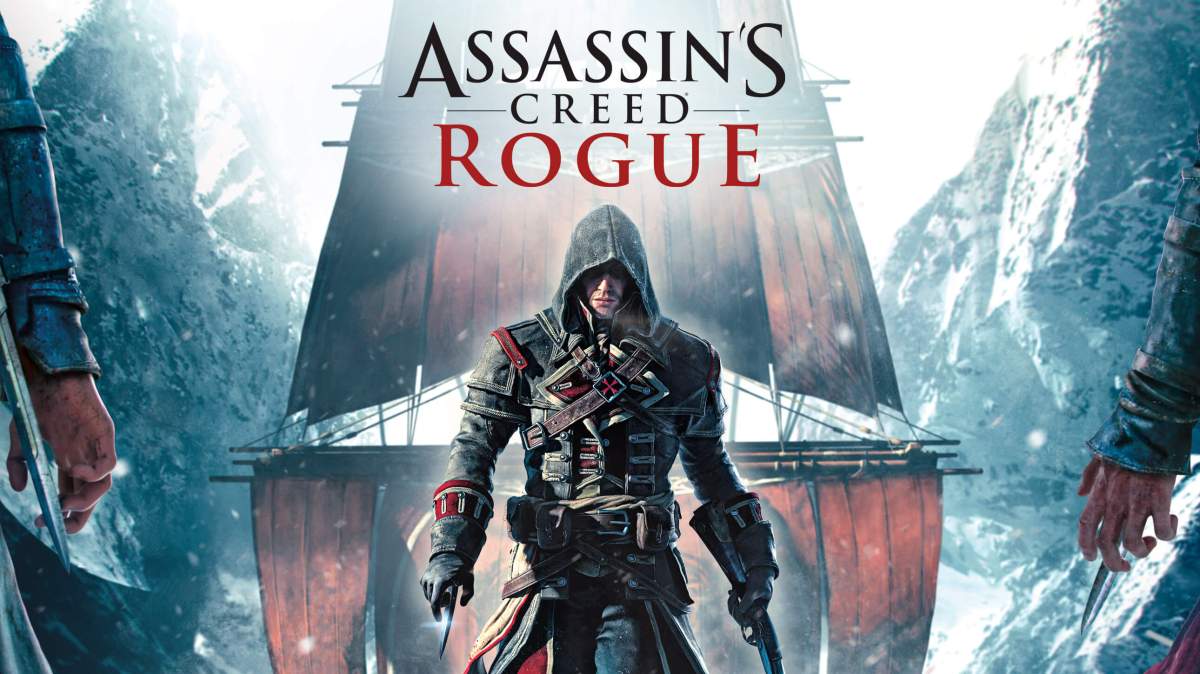
This game plays with the franchise’s established roles. Here, Shay Cormac is an assassin turned Templar. This is a twist no one saw coming, but it felt like a much-needed break from the established narrative. Shay’s rich story blurs the line between good and evil—which was already incredibly black-and-white in previous games.
A lot of this game is played on the sea. Which I’m still not a fan of. Unfortunately, while the character’s story and background are interesting, the setting feels neglected. The world feels flat, and the mechanics don’t bring anything new.
7. Assassin’s Creed Syndicate
Set in Victorian London, Syndicate lets you play as the male (Jacob) or female (Evie) twin assassin at any point. This is a fun game choice, but ultimately both characters play similarly, even if they each have different goals and motivations. This game feels the most contemporary out of the entire franchise, since it’s set in the 19th century rather than ancient times.
You’ll see a pattern with my favorite Assassin’s Creed games: I’m a sucker for including historical figures. The fact that Syndicate lets you go on silly missions with Charles Dickens is a win in my book. The game is about corruption and power (which I’m always about), so it’s nice to have moments of comedic relief to diffuse the built-up tension.
However, the ending of this game is controversial. Just when you think the game is over, there’s a last twist. Some aren’t a fan of it.
6. Assassin’s Creed Brotherhood
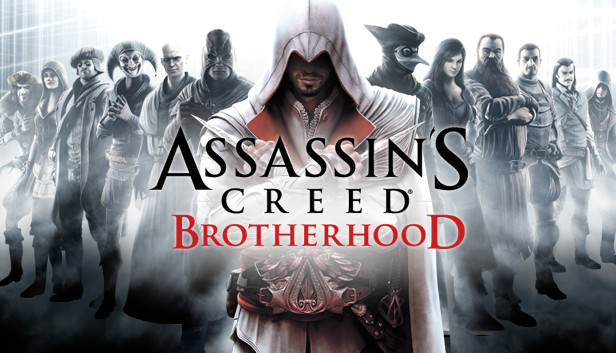
This is a sequel to Assasin’s Creed II, but this time, we’re Rome. You’re playing as fan-favorite Ezio as he tries to stop a bloodthirsty tyrant from controlling Italy. The setting of this game is stunning. There are famous landmarks dotted throughout, and the citadels are massive.
The best part of Brotherhood is that you’re working with Machiavelli and Leonardo di Vinci. The variety of Ezio’s outfits is a fun addition for those who love aesthetics.
The worst part? This gameplay feels like the world’s biggest DLC, because it’s too similar to Assassin’s Creed II. But the story makes up for the repetitive gameplay. Some also loved the game’s multiplayer aspect, but I wasn’t a fan.
5. Assassin’s Creed II
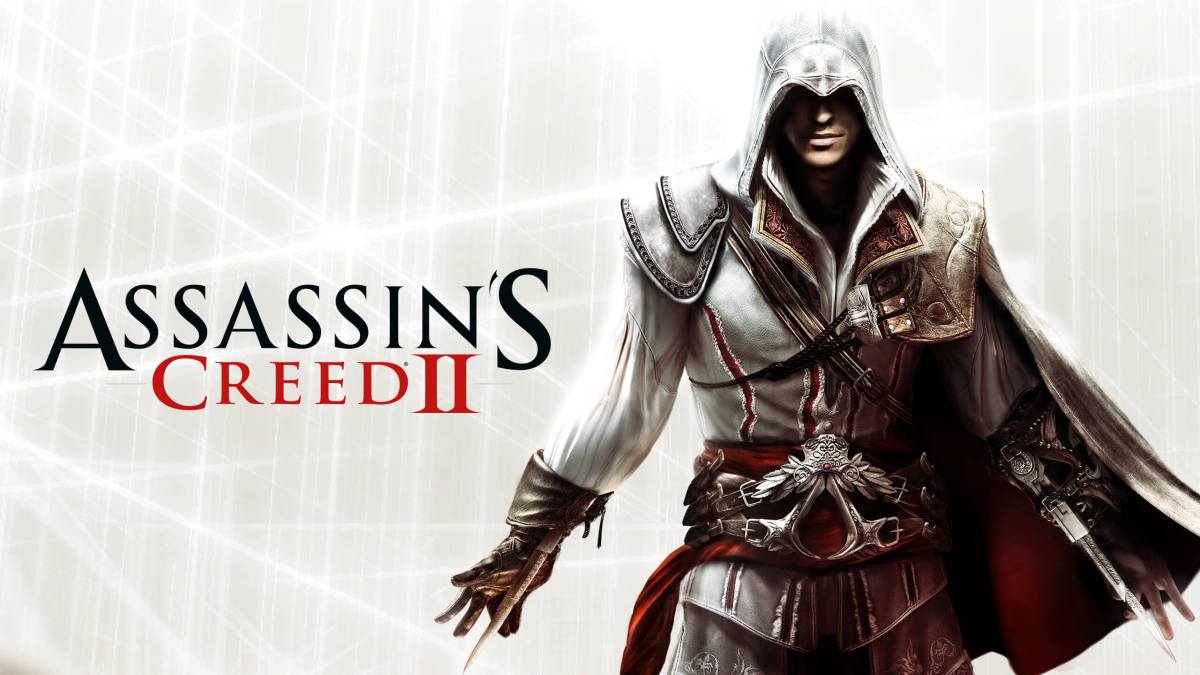
In the second-eve Assassin’s Creed game, Desmond enters the Animus to live through a different ancestor: Ezio. Everyone loves Ezio. I’m one of those people (even though Altair is always number one in my heart). This game is built upon the first game. Except, finally, your character can swim!
This sequel is much more lighthearted than the original Assassin’s Creed. Ezio is a jokester, and the Italian Renaissance backdrop leads to many fun interactions.
4. Assassin’s Creed Revelations

Revelations will always have a special place in my heart, because it concludes Altair’s and Ezio’s stories. You play as the older versions of these characters, which feels so surreal. It’s some of the best storytelling in the franchise.
Revelations experiments with its multiplayer and introduces a different first-person POV when playing as Desmond. However, there’s also the addition of Den Defense, where Ezio defends his territory against the Templars. This was clunky and weird. It’s my least favorite addition to the game.
3. Assassin’s Creed Origins
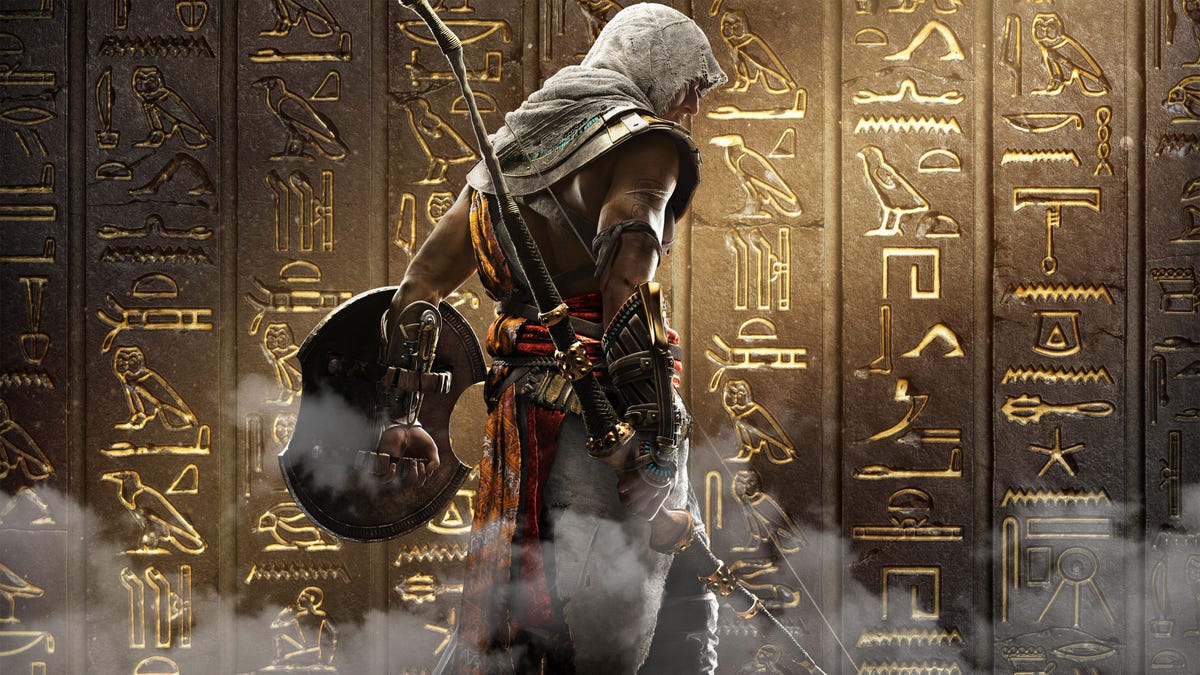
So maybe this is in my top three because you can visit the Library of Alexandria, and I’m a giant book nerd. Sure, that’s probably a solid 15% of why I enjoyed this game. I’ll admit it.
For real, though, no one should be surprised that this is at the top of the list. Origins set the tone for the following Assassin’s Creed games. The side quests appear naturally while exploring the map, without relying on viewpoints. The map is massive, allowing you to explore ancient Egypt with nuanced, interethnic groups. Its concise and detailed missions feel like well-executed short stories. Origins actually feels like a true RPG game that’s part fantasy, part sci-fi, and part historical fiction.
The mechanics of this game feels smoother than the previous generations, and the combat has changed. Blocking and dodging are now incredibly vital, as well as choosing your combat weapons. One of my favorite inclusions in the new gameplay is leveled side missions. Maybe I’m lame, but sometimes I need to breeze through a lower-level side mission for an ego boost before tackling something trickier.
2. Assassin’s Creed Valhalla
The most recent Assassin’s Creed game allows you to play as a male or female character. The RPG nature of the game is even better than in Origins. And the game is beautiful. You can explore the map for what feels like forever. You don’t have that daunting, never-ending list of quests you have to look at. Now you follow color-coded pinpoints that make the world feel more realistic.
Valhalla is darker, sadder, and more intense than previous entries. At times, Valhalla also feels more like a fantasy than the others. If you’re a fan of mythology, this game will have a special place in your heart.
The addition of raids in this game was a brilliant improvement. This adds to the historical elements as you deal with the Saxons, Britons, Danes, and Norse. The tribal nature of the game makes for fun gameplay, but it also creates a historically accurate medieval Europe.
1. Assassin’s Creed Odyssey
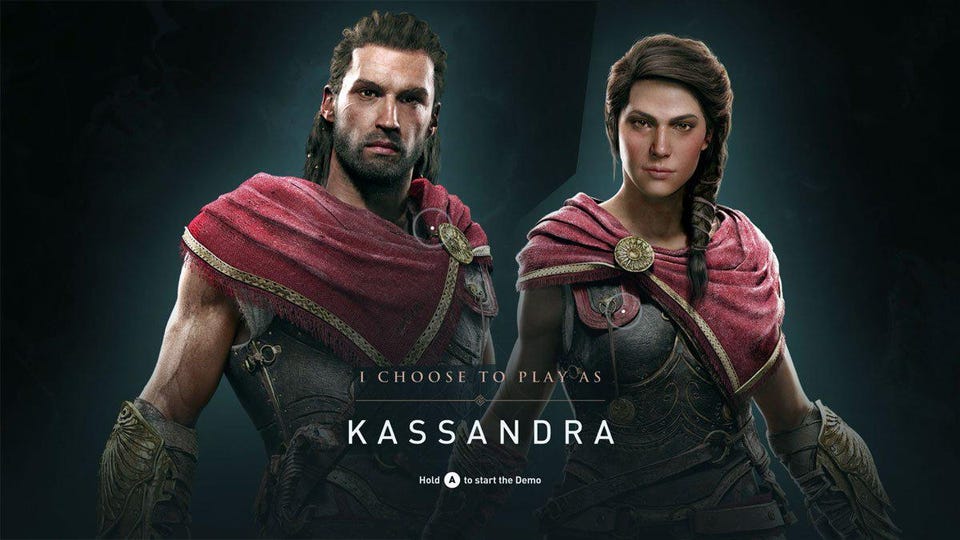
Odyssey combines all of the great aspects of the previous games into a beautiful game you can get lost in. This is the first game where you can exclusively play as a man or woman. It is surprisingly queer, which makes sense, because it is set in ancient Greece. Your character choices occasionally come with consequences, but they mostly result in hilarious dialogue.
There are fun, new gameplay additions, like the mercenaries and conquest battles, which ultimately have no effect on the game’s plot. Odyssey also takes the legendary weapons from previous iterations and allows you to customize them.
Don’t get me started on the story. You hang out with ancient Greek philosophers and leaders, and it’s a blast. Side missions where you snarkily respond to Greek philosophers are so satisfying. You run across so many fun and memorable characters and mythological creatures. Odyssey feels like it will never end—in the best way possible.
(Featured image: Ubisoft)
Have a tip we should know? [email protected]
